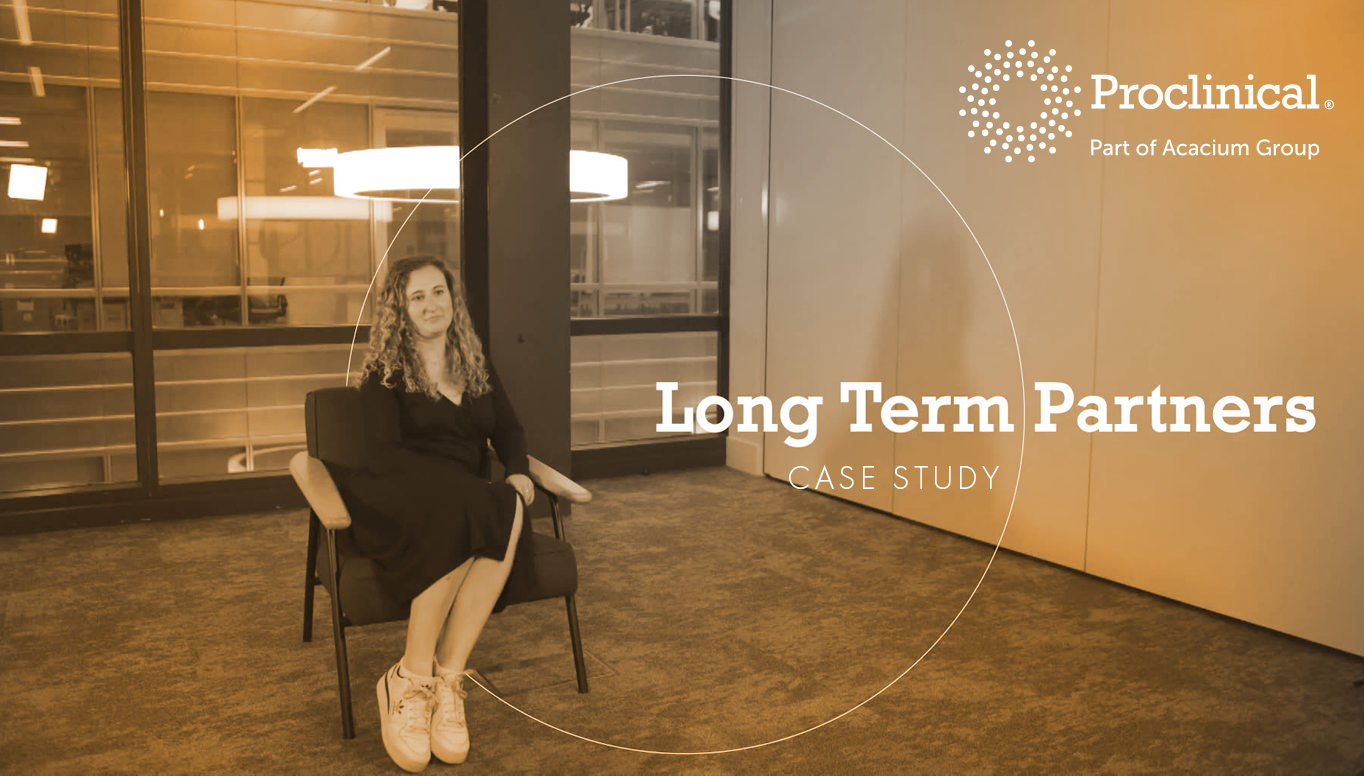
What is precision medicine and is it the future of healthcare?
As science evolves, healthcare is rapidly moving towards precision medicine, which offers a greater understanding of diseases using genetic insights and other medical advances in technology. Precision medicine, also known as personalised medicine, is a novel approach for disease treatment and prevention that considers the individual variability in genetics, environment, and lifestyle for each patient. This approach allows healthcare providers to make a more accurate diagnosis and create specialist treatment plans.
Historically, the practice of drug development has largely been reactive. Patients must usually wait for the onset of symptoms before they are treated or cured. As we do not yet fully understand the genetic or environmental factors that cause some major diseases and leading causes of death such as Alzheimer’s and cancer, efforts to treat these diseases are often inaccurate and unsuccessful. This movement in medicine, away from a one-size-fits-all approach, is crucial as it provides not just the opportunity to reduce the adverse side effects but also has the potential to reduce the cost of treatments by eradicating ineffective treatment plans.
Drugs and treatments created by pharmaceutical companies are often used to treat broad populations and consequently, they work for some patients but not others. It is estimated that any given prescription drug that makes it to market only works for half of those who take it. By considering each patient as an individual, precision medicine has the potential to overcome the limitations of traditional medicine by shifting the emphasis from reaction towards prevention.
How does precision medicine work?
Compared to traditional medicine, precision therapy has a much more targeted approach to drug development. Through extensive research, scientists have learned more about the genetics behind how diseases start and how they behave.
It has become clear that many diseases are linked to gene changes. Based on the availability of a reference sequence of the human genome, it is possible to understand the role of genome variation among different individuals and population. By improving our understanding of the impact of genome variation in disease, it is now possible to begin to see the impact of that variation on health on a wider scale.
With this understanding, it is possible to see how certain gene changes cause disease and what makes one person's heart disease, diabetes, or cancer act differently from another's. Armed with this knowledge, it is possible to modify treatments to make them work better.
What are the benefits of precision medicine?
By identifying the risk of a patient developing a disease they can be provided with an effective prevention plan, reducing unnecessary suffering for patients. This is also beneficial to society as it lessens the financial burden of illness and ineffective treatments on healthcare systems.
If patients do contract a disease, then precision medicine has the potential to prevent unfavourable side effects. With medical precision, it is also possible to identify the most beneficial treatment plan before trying other methods, speeding up the recovery process and potentially extending life expectancy.
Precision medicine also reduces the time, cost and failure rate of pharmaceutical clinical trials. Although developing targeted treatments can be more expensive, it eliminates the complexities and costs involved in the trial and error in traditional medicine development.
Is precision medicine the future of healthcare?
Precision medicine offers tremendous opportunity to shape the future of healthcare. While it is currently most advanced in oncology, precision medication also has wider, exciting applications beyond oncology and late-stage disease, such as in rare and genetic diseases, it also holds some promise in treating COVID-19.
However, integrating precision medicine into healthcare is a complex process. For precision to succeed, healthcare providers will need to be equipped with digital tools that will help them understand the complex data that comes from the precise technique. While artificial intelligence platforms have emerged as viable tools to enable the use of precision medicine, these technologies will also create challenges for healthcare providers.
Another challenge for precision medicine is the lack of training and knowledge amongst primary care physicians. As interest in commercial genetic testing rises among consumers, primary care physicians are increasingly having to put clinical context around patients’ test results. However, most practitioners have not had in-depth training in genomics or genetics. To advance the use of precision medicine techniques, healthcare educators will need to include genomics and genetics into continuous professional development training courses or to the curriculum.
The value of precision medicine may not have the potential to extend to everyone. It is considered that certain populations will not benefit from this innovative technique because some precision therapies will not work for those populations, or because they’ll be unaffordable. In order for everyone to reap the benefits of precision therapy, the industry will need to resolve existing inequalities.
Overall, precision medicine has enormous and invaluable potential to improve patient outcomes and challenge the future of healthcare. However, to see the true value and capabilities of precision medicine techniques, the industry must overcome issues with infrastructure, inequalities, and knowledge gaps.

.png)

.png)


.png)
.png)




.png)
.png)









